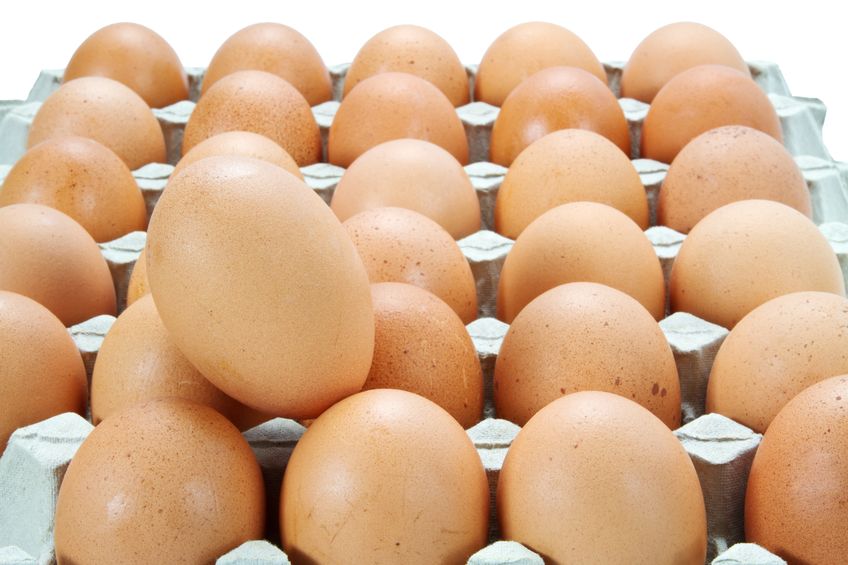
The UK’s major retailers’ decision to only source non-cage eggs from 2025 should be the incentive farmers need to diversify into free range egg production, according to rural surveyors.
Statistics from the British Free Range Egg Producers Association (BFREPA) show that the free range egg sector has grown rapidly to occupy about 60% of the market share of retails egg sales, produced by over 20 million hens.
With a population increase and steady growth in market share in the years leading up to 2025 it predicts another growth in sales of free range eggs.
BFREPA predicts an additional 1.8million hens will be required to fulfil a 5% increase in demand.
The group said farmers will 'innovate and invest' to meet any rise in demand for their product.
Consumer demand for the use of British egg products, and clearer labelling of the origin of eggs used in prepared foods, has increased significantly following the Fipronil scandal, according to research.
Consumer demand
Richard Corbett, partner at rural surveyor’s firm Roger Parry said: “Over the last five years there has been more and more farms diversifying in this way. Farmers, especially Welsh hill farmers, are worried about the price of sheep and beef.
“This commitment from UK major retailers should be seen as reassurance to current producers but more importantly, as an incentive for those currently considering applying for planning to move into producing free range eggs on their farm.”
Mr Corbett continued: “Consumer demand for the use of British egg products has increased significantly. According to recent research three quarters of UK shoppers say British eggs should always be used in prepared foods.”
Tom Davies from Lloyds Animal Feeds explains the advantages of free range egg production and why it appeals to those farmers looking to diversify.
He said: “Free range egg production has the advantage of being sustainable in the long term, profitable and compatible with other enterprises.
“It's not reliant on subsidy, so it is less exposed to government interference, which increases the appeal as Brexit looms. The Lion standard protects the industry from imports as no supermarket will stock non-Lion (effectively non-UK) egg.”
